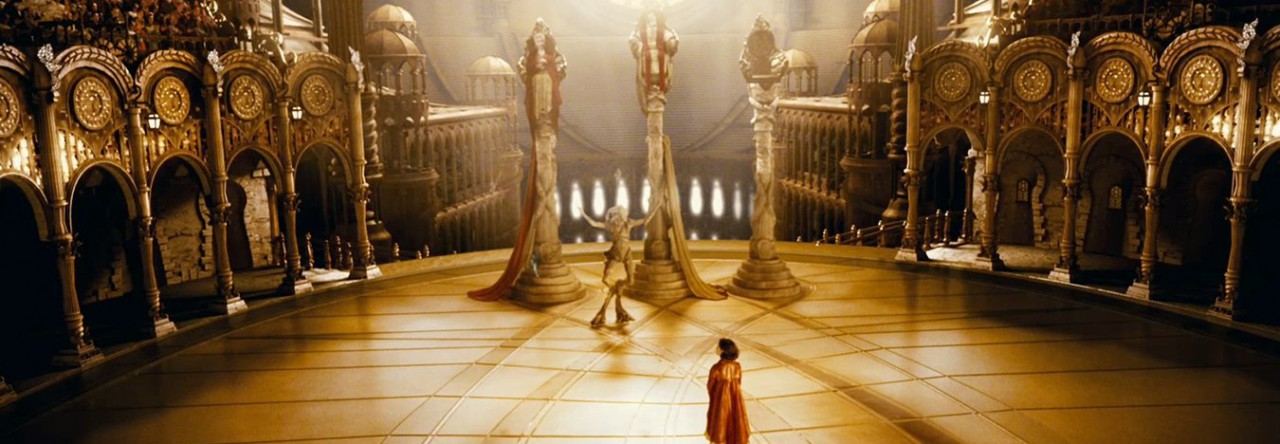 The previous screenplay we wrote, Nidarholm, didn´t demand much research. It´s a horror/suspense story taking place in the present, and the setting was our home city. So apart from a few guided tours at Munkholmen, and reading up on autopsy procedures and the excorcism ritual, it was mostly about writing the scenes and getting the script done.
The previous screenplay we wrote, Nidarholm, didn´t demand much research. It´s a horror/suspense story taking place in the present, and the setting was our home city. So apart from a few guided tours at Munkholmen, and reading up on autopsy procedures and the excorcism ritual, it was mostly about writing the scenes and getting the script done.
This time around, research is much more important. We´re writing a historical saga based on actual events and people that lived a thousand years ago. I started out reading some introductory books on the subject, and quickly realized that I had to get structured and organized in my research. Here are some tips and thoughts on doing research for a screenplay.
1. Schedule it
The first thing you need to do is to actually commit to a research period. Just randomly reading some wikipedia articles for five minutes does not constitute serious research. As with all other writing processes I strongly recommend that you set up a deadline and make a plan, complete with goals. What do you need to achieve with your research? Write it all down, or else it doesn´t really exist.
2. Have a system
Every writing project should have a separate folder on your computer. Make a subfolder called Research, and if the subject is huge, make further subfolders to stay organized. Collect everything relevant in this folder: text documents, images from flickr or other sites, music, sounds, maps and so on. Paper is not obsolete yet, so keep a ring binder for hardcopies. Take notes and keep them tidy.
3. Keep track of the sources
Make sure that you note the sources of your information. That way you avoid being confused by your own notes later on. “Really? Where the hell did I find that weird claim? Damn it, I gotta start keeping track of my sources!” Also, gather all your sources alphabetically in a bibliography. You´ll regret it if you don´t.
4. Wikipedia is ok
Wikipedia is a great starting point, but is often useless as a primary source. Use the wikis to gather names and titles for further reading and research.
5. Ask the experts
See if you can find an expert in the field you´re researching in your area. Ask politely if you can meet up with them and ask them some questions, and chances are they´ll be very helpful. Be prepared with a list of good questions. Take notes, or tape your conversation, if that´s okay with your expert.
6. Search the web
A lot of good info can be found online, but in many ways this is more difficult than trawling books and interviewing experts. Firstly a good deal of what you find online is rubbish, so it´s harder to separate the wheat from the chaff. And secondly, how do you gather and organize the sites and articles you find? I recommend using two pieces of free software that are great for online research. The first is called Read It Later, and lets you quickly store links and articles so you can read them later. The other is called Zotero, and functions as an all-in-one research tool that can be used as a plugin for Firefox.

7. Use the library
I often look for a book that can be a starting point for my research. Then I just find out which shelf it´s on and trust that Dewey´s decimal system can find some further reading for me on the same shelf.
8. Know when it´s enough already
Your research is a tool to make your screenplay as good as it can be. The actual writing of the scenes, dialogue and characters is what really matters, and good research is just preparation for that.

Phyllis K Twombly
Research for my next novel involves sixty years of historical events. I just bought a file folder exclusively for this information as paper articles (magazines, newspapers, etc) keep finding me.
Pål
Hi Phyllis, and thanks for stopping by our site!
Yeah, it’s important to have a folder for documents and cut-outs. For me, the best research can still be done on paper where i can underline and take notes in the margins. I also try to collect relevant photos, illustrations and art – and I prefer to have those on paper rather than just digital files.